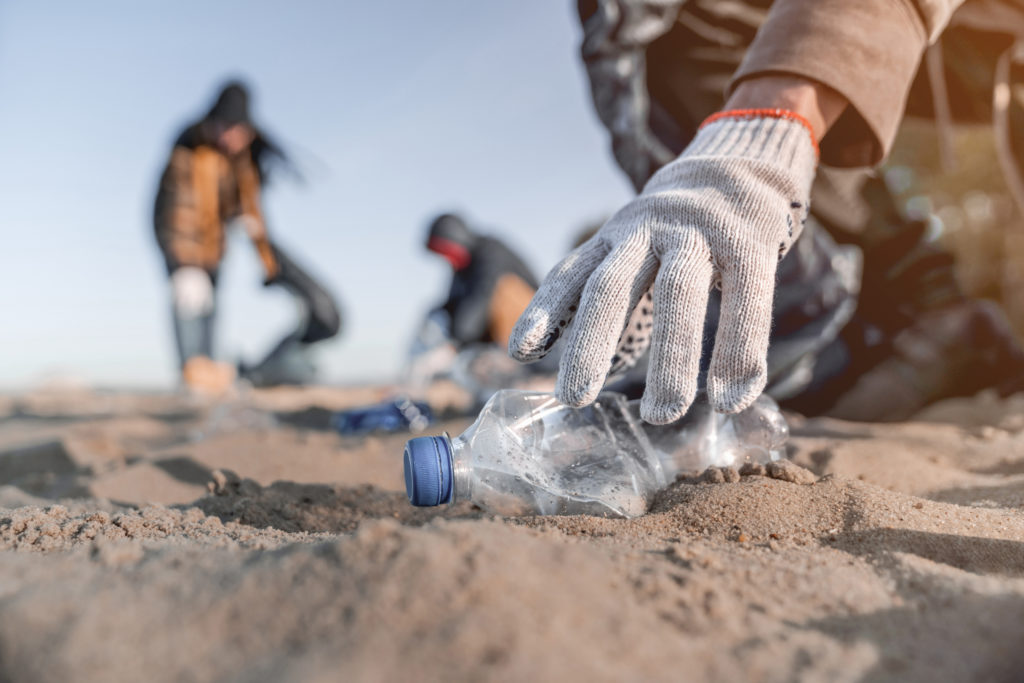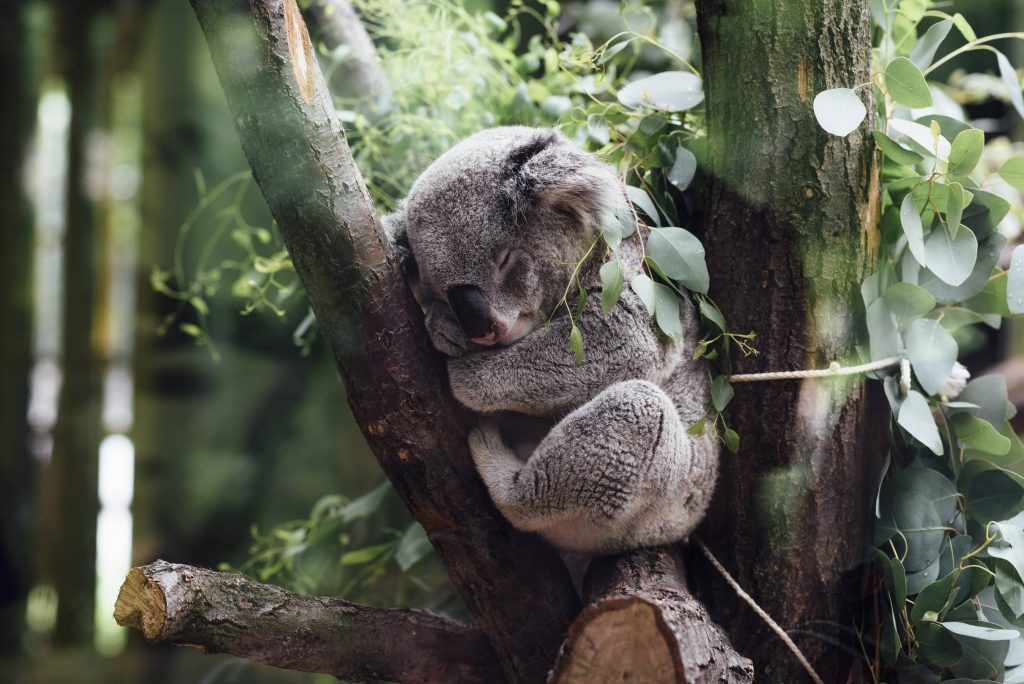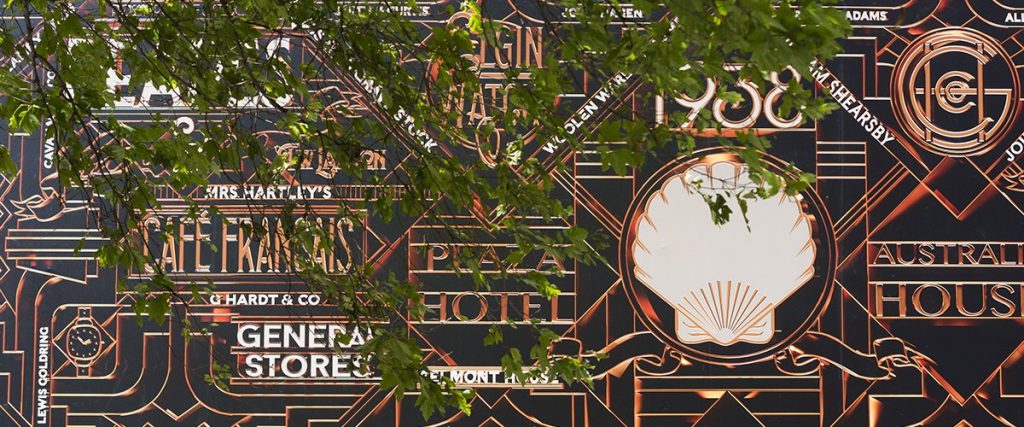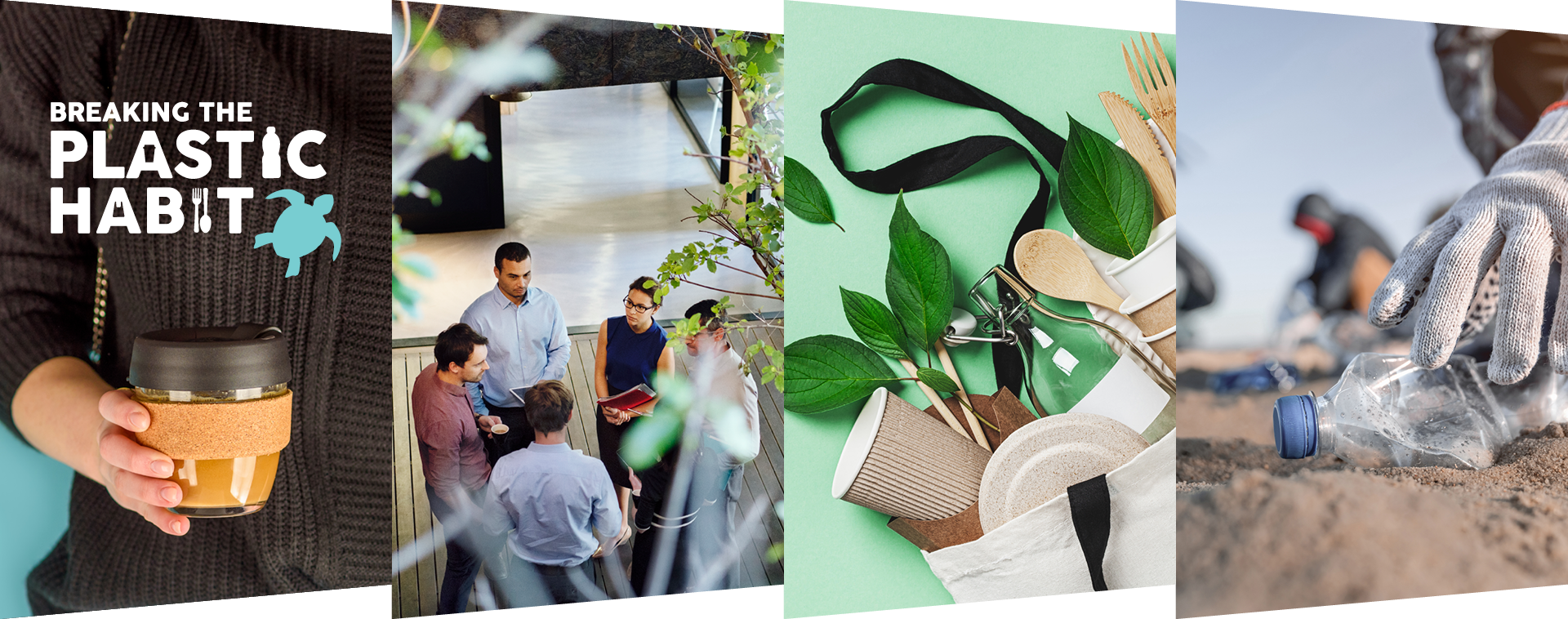
We’re breaking the plastic habit!
At Brookfield Place Sydney we believe single-use plastic is one of the biggest environmental and social issues facing us today. That’s why we’re participating in a program to break the plastic habit.
Properties managed by Brookfield Properties within Australia are leading the way in a program that commits us to avoid single-use plastics where we can.
What that means is we are committed to making better choices in our supply chain and to collaborating with our tenants and the community to create long-term, sustainable behavioural change for more people to avoid single-use plastics more often.
There has never been a better time to do it.
Australia consumes over 1 million tonnes of single use plastics every year, and every year approximately 130,000 tonnes of plastic leaks into the marine environment from Australia alone, breaking down into harmful microplastics.
Once in the ocean, plastics endanger our marine wildlife and the functioning of our ocean ecosystems. Studies have also shown that it has entered the food chain and is ending up on our plates.
So that’s why we’re stepping up. The planet needs us.
Our impact
What Brookfield Place Sydney have avoided, replaced, or recycled to date
Bin liners
Umbrella bags
Sign in stickers
Bathroom packaging re-used
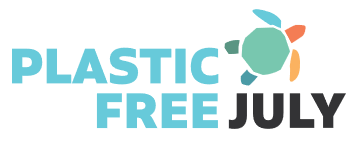
We are proud to partner with Plastic Free July.
Visit their website at https://www.plasticfreejuly.org
Plastic Free July provides resources and ideas to help you (and millions of others around the world) reduce single-use plastic waste everyday at home, work, school, and even at your local café.
The movement has inspired an estimated 326 million participants in 177 countries. You making a small change will collectively make a massive difference to our communities. You can choose to refuse single-use plastics in July (and beyond!). Best of all, being part of Plastic Free July will help you to find great alternatives that can become new habits forever.
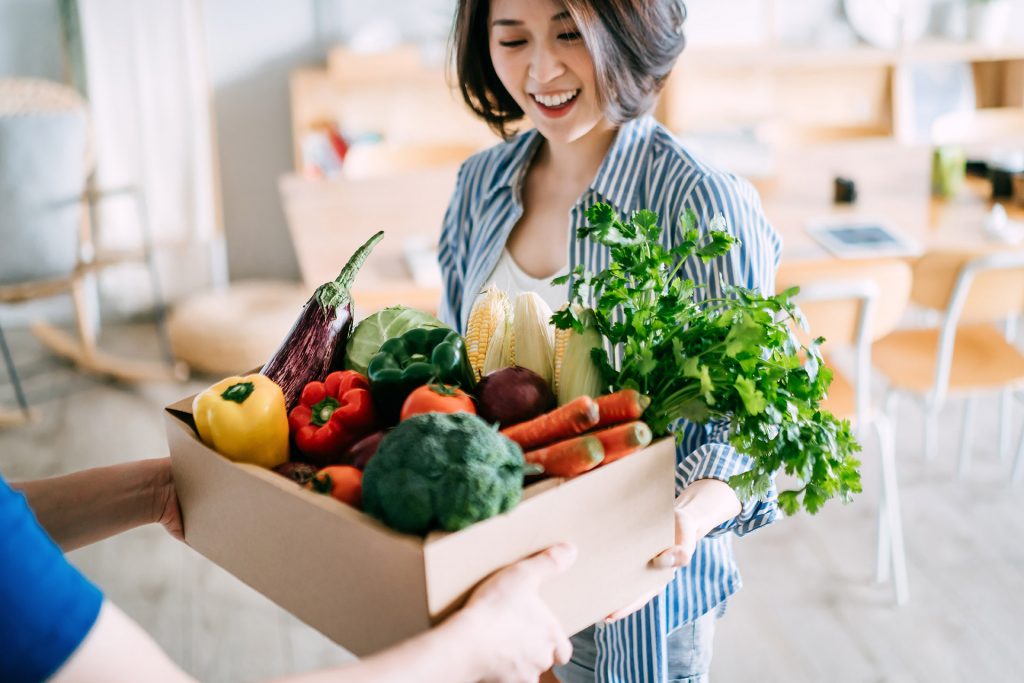
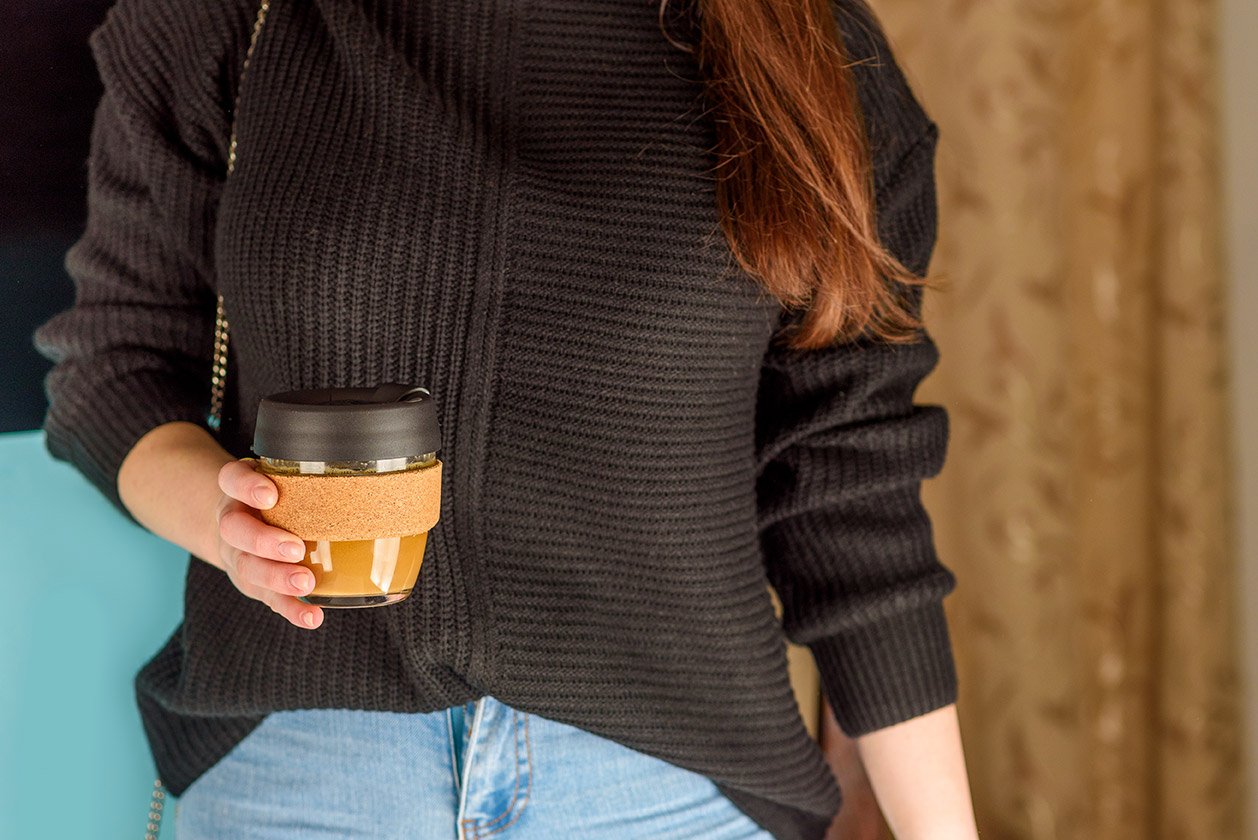
When you can’t avoid plastic, there’s plenty you can recycle
There are thousands of soft plastics you might never have known could be recycled, and they can be dropped off at your local supermarket every time you go shopping.
The REDcycle Program has partnered with participating supermarkets all throughout Australia by providing collection points for soft plastics. To find your nearest drop off point, follow this link.
Here’s an embarrassingly long list of things you might be throwing out that can be recycled via the REDcycle service.
FAQ's
We’re breaking the plastic habit – your questions answered
Brookfield Place is excited to be breaking the plastic habit. We’re passionate about the environment and when it comes to sustainability, we are all in.
We know you have questions, and we hope we can answer a lot of them here.
We’ve started the journey to identify and eliminate, where possible, single use plastics within our precinct to help reduce the volume of plastics that end up in landfill, our waterways and the broader environment.
We also want to use this pilot program as a platform for advocacy and education, where we can invite our tenants and the broader community to join us in breaking the plastic habit.
Single use plastics are often referred to as disposable plastics. The kind you use once and discard. The easy ones to identify are the things you’re used to seeing in your everyday life, such as plastic cutlery, cups, straws, shopping bags, takeaway food containers, small condiment packages such as jam, honey and sauce, cling wrap, bubble wrap, plastic bottles…the list is practically endless.
Great question!
On average, Australians use a phenomenal 130kg of plastic per person each year and only 9% of that is recycled.
Every piece of plastic ever produced is still with us and, sadly, thousands of tons of it end up in our oceans and waterways every year. Once in the ocean, plastics endanger our marine wildlife and the functioning of our ocean ecosystems. Studies have also shown that it has entered the food chain and is ending up on our plates.
According to the Natural Resources Defence Council in America, humans produce 300 million tons of plastic each year worldwide, half of which is for single-use items. That’s nearly equivalent to the weight of the entire human population.
Our program is not about removing all plastic in the precinct, but targeting specific, avoidable single-use plastic items and influencing a positive behavioural change our stakeholders, encouraging them to rethink their own usage, and break the habit by incrementally and collectively moving away from throwaway plastics.
Another great question. Single use plastics are goods that are made primarily from fossil fuel–based chemicals (petrochemicals).
That’s as bad as it sounds.
Left alone, these plastics don’t just break down, they break up into microplastics. Because to their size, these fragments are hard to detect but they now exist in just about every place you can imagine. When they enter the oceans, they enter our food chain.
It’s clear the planet needs us. So we’re stepping up.
Don’t be angry. Be energised. Every person who makes a conscious decision to avoid single use plastics can and will make a difference. Every disposable piece of plastic you avoid sends a message and reduces demand.
Check out more at – https://www.plasticfreejuly.org/
Single use plastics are ubiquitous; they are everywhere.
Here at Brookfield Place, we know from experience that avoiding all single use plastics is near impossible. So we remind ourselves every day that it’s a journey, not a destination. But by creating a positive platform for change – real change, behavioural change – we are putting our hand up and saying that this is important. Our environment matters. We can do better.
We believe we can make a contribution by leading from the front and avoiding single use plastics where we can, while also inviting individuals and businesses to join us in avoiding single use plastics.
As a society, we have become hugely reliant on plastic. Its popularity really skyrocketed in the 1970s when manufacturers began replacing traditionally paper or glass staples with lighter or more durable and affordable plastic alternatives.
It’s why replacing single use plastics takes time.
New products are coming out every day but the alternatives aren’t always affordable, presentable or practical. We’re working with all of our retailers and our tenants to identify single use plastics and options to remove, replace or avoid.
It’s not always an easy science. Like we said, it’s a journey, not a destination. But we’re making conscious decisions – and helping others to do the same – to make better choices, personally, professionally and by encouraging manufacturers to continue to explore new technologies that can satisfy both merchant and consumer.
Still have questions or ideas you’d like to share?
Email us at plasticavoided@brookfieldproperties.com

